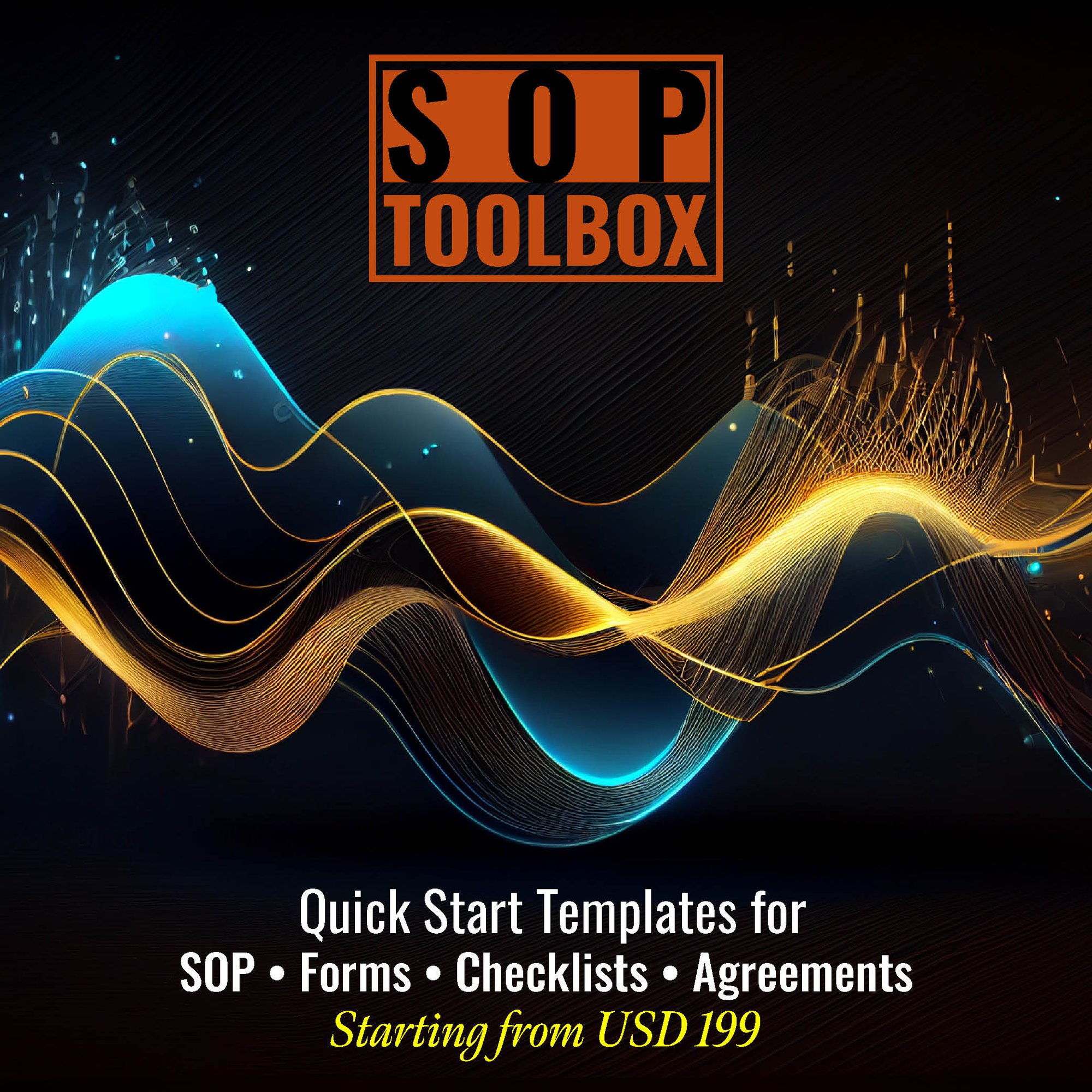Technology adoption policies are structured guidelines that help organizations implement, integrate, and manage new technologies effectively. These policies define the criteria for selecting, deploying, and maintaining technological solutions while ensuring alignment with business goals, security standards, and regulatory compliance. A well-defined adoption policy minimizes risks, enhances productivity, and streamlines digital transformation. By establishing clear protocols for employee training, system upgrades, and cybersecurity, businesses can maximize the benefits of emerging technologies. Effective policies foster innovation, improve operational efficiency, and provide a competitive edge in a rapidly evolving digital landscape, enabling organizations to adapt to technological advancements seamlessly.
Fhyzics Business Consultants’ Technology Adoption Policy Templates provide a structured framework to help businesses integrate new technologies efficiently while minimizing risks. These templates offer a step-by-step approach to technology selection, implementation, employee training, and risk management, ensuring seamless adoption and optimal utilization.
The templates cover key aspects such as data security, compliance requirements, cost-benefit analysis, stakeholder involvement, and performance monitoring. By using predefined formats, organizations can develop clear policies that standardize technology integration, reducing errors and ensuring consistency across departments. Additionally, these templates help businesses create structured training plans to upskill employees, ensuring a smooth transition to new systems.
With Fhyzics’ technology adoption policy templates, organizations can save time, enhance decision-making, and reduce operational disruptions. The templates facilitate a proactive approach to technology adoption, enabling businesses to evaluate emerging trends, assess their impact, and implement solutions aligned with strategic goals. Furthermore, they assist in managing cybersecurity threats and regulatory compliance, safeguarding business operations.
By leveraging these well-structured templates, businesses can embrace innovation with confidence, improve operational efficiency, and gain a competitive advantage in an increasingly technology-driven world.
Top 10 benefits of Technology Adoption Policies:
1. Enhances Efficiency – Streamlines operations with standardized adoption processes.2. Reduces Risks – Minimizes security threats and implementation failures.
3. Ensures Compliance – Aligns with industry regulations and data protection laws.
4. Improves Decision-Making – Provides a structured approach to technology selection.
5. Facilitates Employee Training – Prepares workforce for smooth technology transition.
6. Boosts Productivity – Reduces downtime and improves workflow automation.
7. Supports Innovation – Encourages adoption of cutting-edge solutions.
8. Optimizes Costs – Ensures cost-effective investment in new technologies.
9. Enhances Cybersecurity – Implements security protocols for digital assets.
10. Provides Competitive Advantage – Keeps businesses ahead in the digital race.
This Article is Uploaded by: Gokul K
Keywords: Technology adoption policies, digital transformation guidelines, IT policy frameworks, technology integration strategies, business technology implementation, IT governance policies, innovation management, enterprise technology policies, emerging technology adoption, digital transformation best practices, tech policy development, organizational technology strategies, IT risk management, cybersecurity policies, corporate technology governance, IT compliance frameworks, digital adoption strategies, change management in technology, workplace technology policies, technology lifecycle management, IT infrastructure policies, enterprise digitalization strategies, business technology roadmap, software adoption policies, data security regulations, cloud computing adoption guidelines, IT modernization policies, AI adoption strategies, technology investment planning, automation policy development, digital risk management, cybersecurity compliance, digital workplace transformation, IT security standards, remote work technology policies, enterprise software deployment, technology risk assessment, data governance frameworks, mobile technology policies, IT training programs, IT procurement guidelines, network security policies, regulatory compliance in technology, SaaS adoption policies, IoT implementation strategies, big data governance, cloud security policies, IT asset management, digital workflow automation, IT audit procedures, best practices for IT governance, information security policies, blockchain adoption strategies, smart technology integration, enterprise IT strategies, technology cost-benefit analysis, cloud adoption frameworks, IT vendor management, IT ethics and compliance, AI governance policies, innovation strategy consulting, software deployment policies, IT best practices, business process automation strategies, digital adoption solutions, technology performance metrics, smart workplace solutions, IT investment planning, IT change management policies, user experience optimization, IT policy documentation, compliance management in IT, enterprise mobility policies, system migration strategies, IT infrastructure optimization, IT training frameworks, cybersecurity awareness programs, cloud strategy development, IT service management policies, digital disruption strategies, regulatory technology compliance, tech-driven business models, corporate IT policy templates, technology compliance audits, information technology implementation, IT governance automation, IT operations policies, digital workplace governance, IT procurement best practices, cybersecurity risk mitigation, IT standard operating procedures, digital resilience strategies, software compliance policies, cloud computing security frameworks, and enterprise-wide technology adoption strategies.















